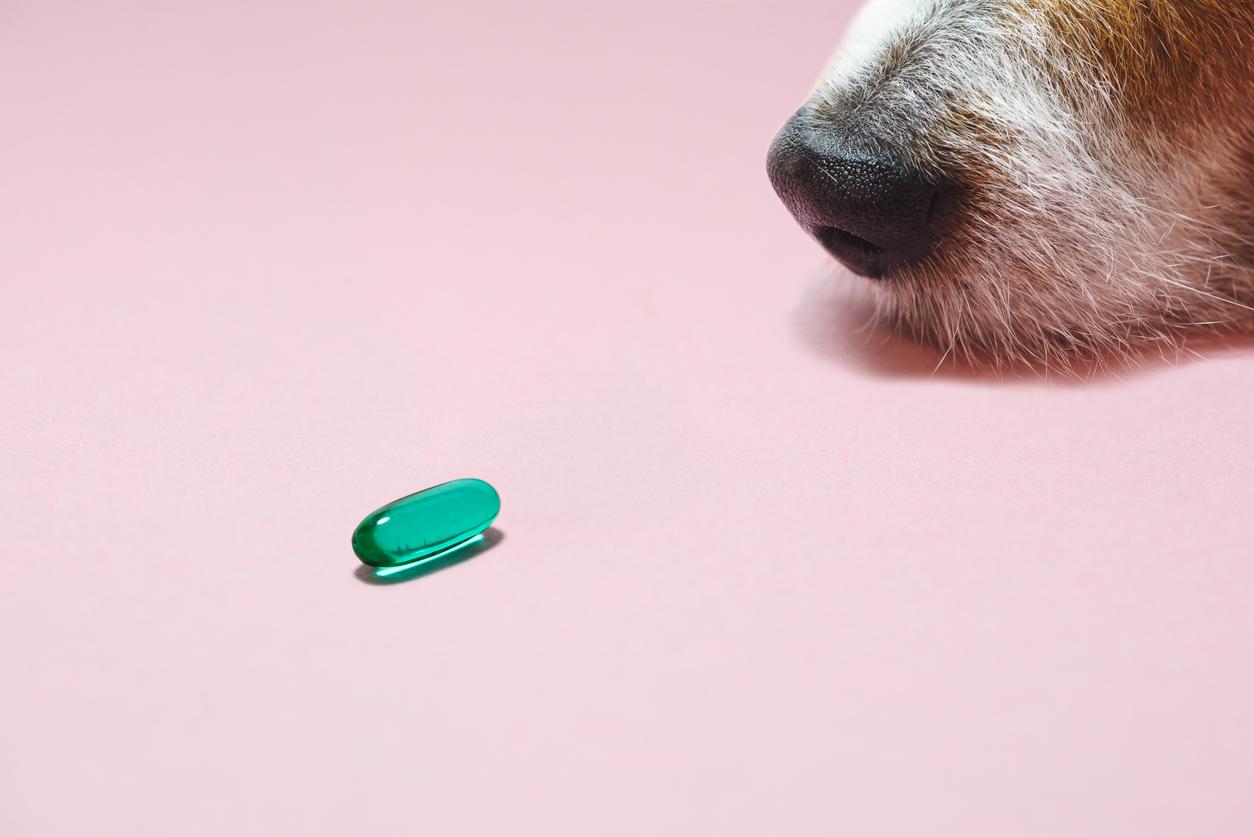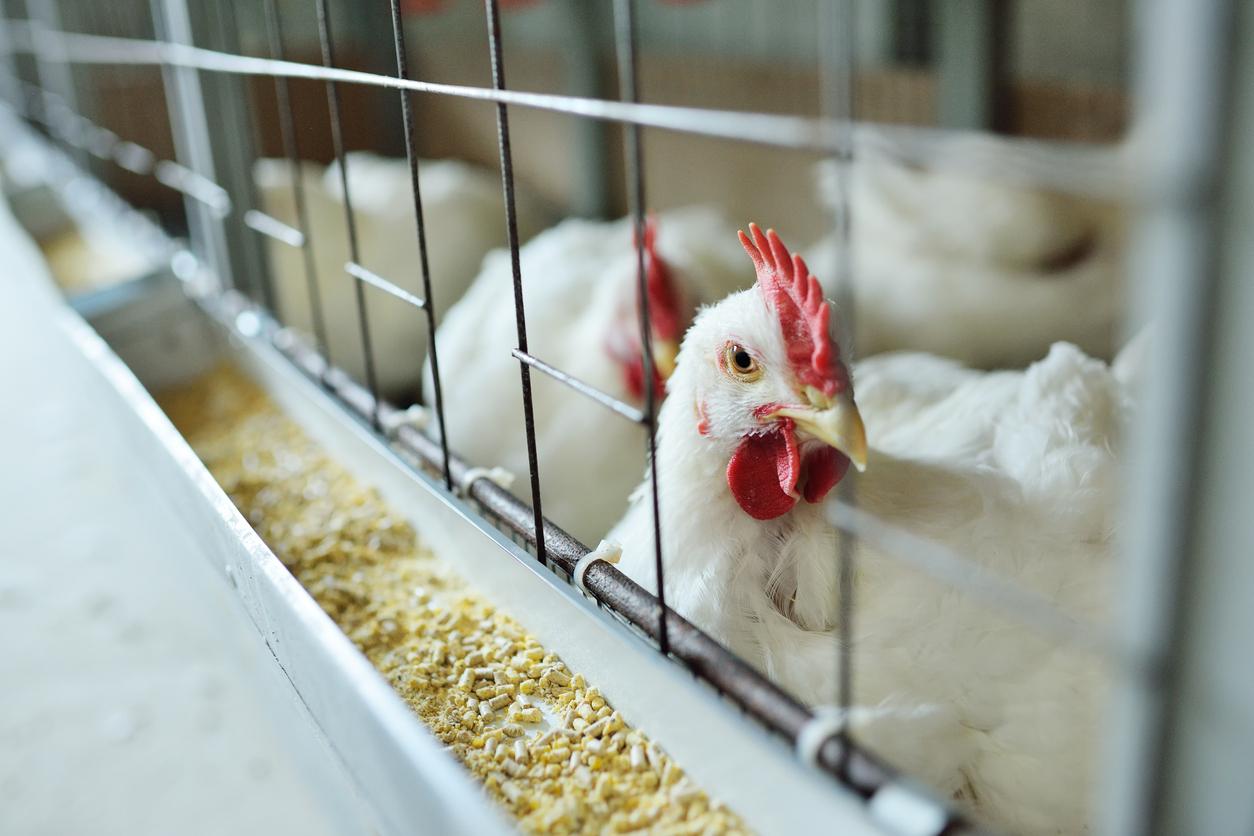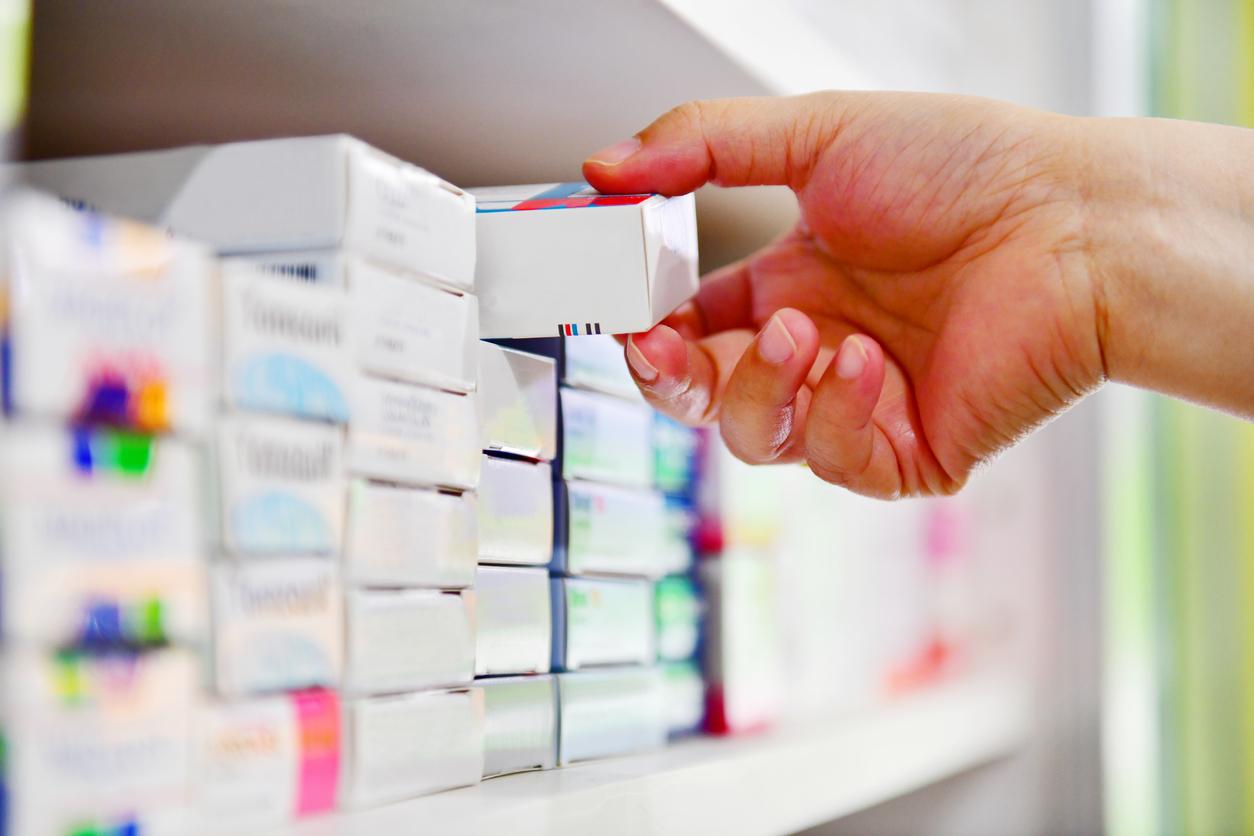On October 26, the Minister of Health announced that France had ordered 50,000 doses of molnupiravir, a drug against Covid-19 from Merck laboratory. The anti covid pill will be delivered “to France from the last days of November or the first days of December”, informed the minister during a hearing in the Senate. According to AFP, its price would be a priori high. Olivier Véran did not specify the amount of the order but as an example, the United States ordered 1.7 million doses this year for 1.2 billion dollars, or around 700 dollars for each.
At the beginning of October, the Merck laboratory had reported very encouraging results for this antiviral via a communicated.
The Merck & Co laboratory and its partner Ridgeback Biotherapeutics have already filed an authorization request for the antiviral drug molnupiravir. He could halve the risk of death or hospitalization for those most at risk. And would be added to another drug already used in severe hospitalized patients, dexamethasone.
This medicine is intended for adult patients with mild to moderate forms of Covid-19 and at risk of progressing to severe forms and/or hospitalization.
The results obtained during an interim analysis in the context of a phase 3 trial are encouraging: During the clinical trial of 775 people, the rate of hospitalization or death in patients who received the drug was 7.3%, compared to 14.1% in those who received a placebo. No deaths were observed in people treated with molnupiravir, compared to 8 in the second group.
However, we must wait for the results of clinical trials published in a scientific journal.
Molnupiravir: what is it exactly?
Definition. Also called “EIDD-2801” or “MK-4482”, molnupiravir is a anti viral drug administered orally. It is still an experimental drug: it was developed a few years ago by Emory University (in the United States).
How does it work ? Initially developed to fight against the flu virus (several studies have confirmed its effectiveness, in particular on pigs, hamsters and ferrets), it acts by “blocking” the replication of RNA viruses, also known as ribovirus. In this (large) family, we find the influenza virus, the SARS virus, the MERS virus… or even the Sars-Cov-2 coronavirus, at the origin of Covid-19.
Administered orally (tablets or solid powder), it reduces the viral load in the lungs and improves lung function.
Where are the clinical trials?
The phase 3 trials are currently being conducted on humans, the final results are expected at the end of 2021 or 2022.
Before that, a study was first carried out on ferrets : American researchers (who published their work in the specialized journal naturemicrobiology) infected 6 ferrets with the Sars-Cov-2 coronavirus and treated 3 of them with molnupiravir. Then, 12 healthy ferrets were put in contact with ferrets treated with the drug and with those who had not been treated.
For 8 days, American scientists tested their ferrets daily. Results : none of the healthy ferrets sharing cages with molnupiravir-treated animals contracted the coronavirus. On the other hand, after 4 days, all the non-sick ferrets caged with their sick comrades who had not received molnupiravir were infected with Sars-Cov-2.
“Therapeutic treatment of animals infected with MK-4482/EIDD-2801 [molnupiravir] Twice daily significantly reduced Sars-Cov-2 load in the upper respiratory tract. This completely suppressed the spread to non-sick ferrets, commented Dr. Richard Plemper, lead author of the study. This is the first demonstration that an orally administered drug can rapidly block the transmission of Sars-Cov-2.“
Is molnupavir safe? What about side effects?
Is it sure? A priori, molnupiravir is a safe drug. However, concerns exist: thus, in April 2020, Dr. Rick Arthur Bright, an American immunologist and vaccine researcher, implied that this anti-viral drug could cause unwanted genetic mutations and promote congenital pathologies in children born to mothers treated with molnupiravir: reprotoxicity would have been observed in animals since some babies of test animals were born without teeth and with cranial abnormalities.
Interviewed in the Journal du Dimanche (September 5, 2021), Bruno Canard, research director at the CNRS and specialist in coronaviruses, called for caution: “It is such a potent mutagen that it is suspected of being toxic not only to the virus but to the host cell, with a carcinogenic risk.”
In the press release published on October 1 by the Merck laboratory to give the intermediate results of the phase 3 study, side effects have been reported, but the laboratory did not specify the nature.
Read also :
- Ivermectin is not recommended to treat Covid
- 3rd dose of vaccine against Covid: for whom? Why ?
- Covid-19: soon a new vaccine to boost immunity?
















